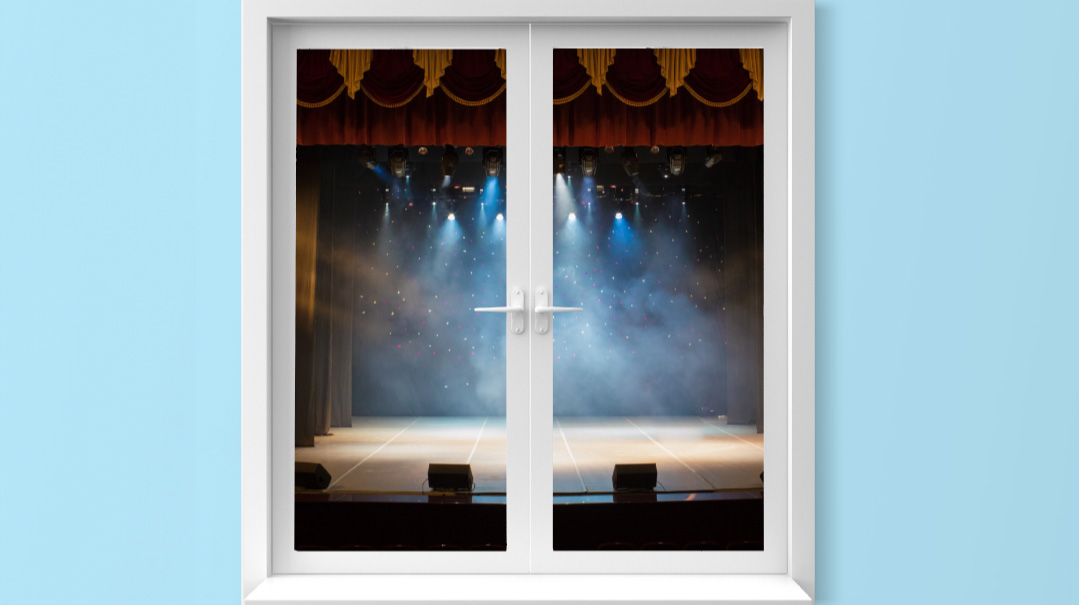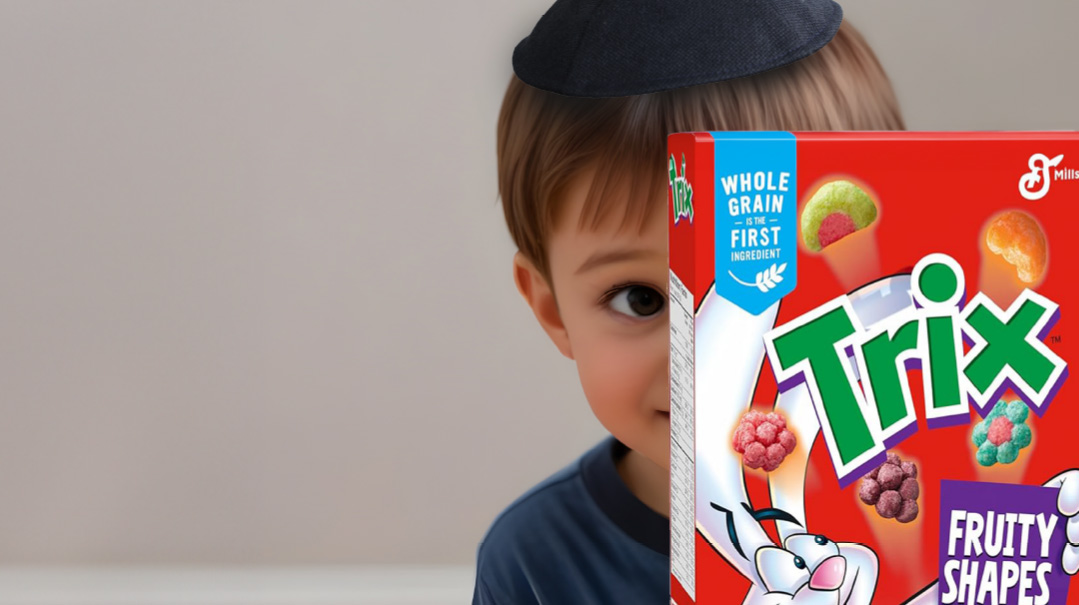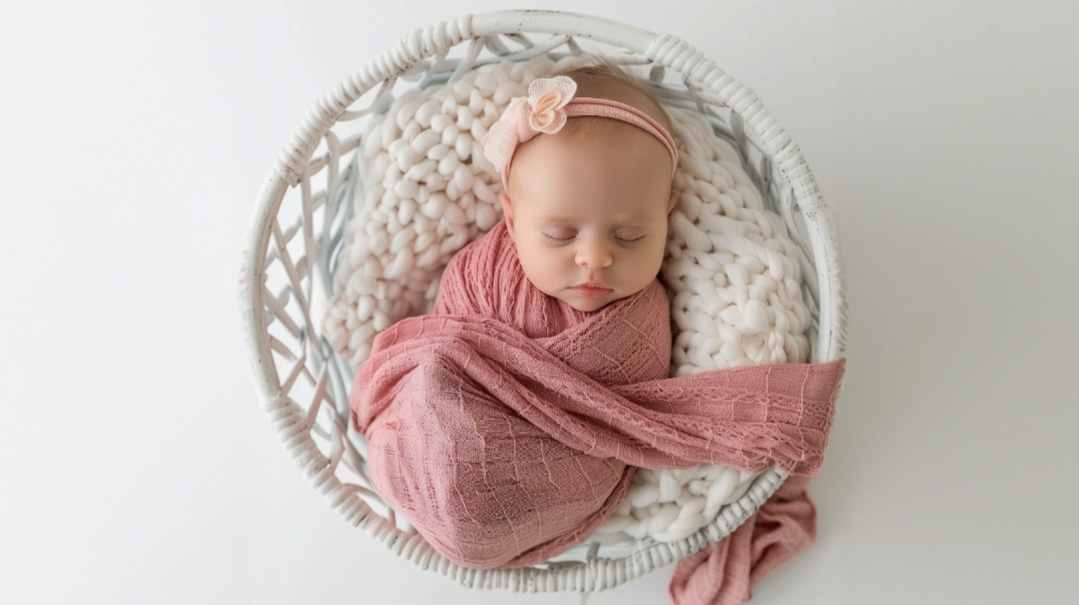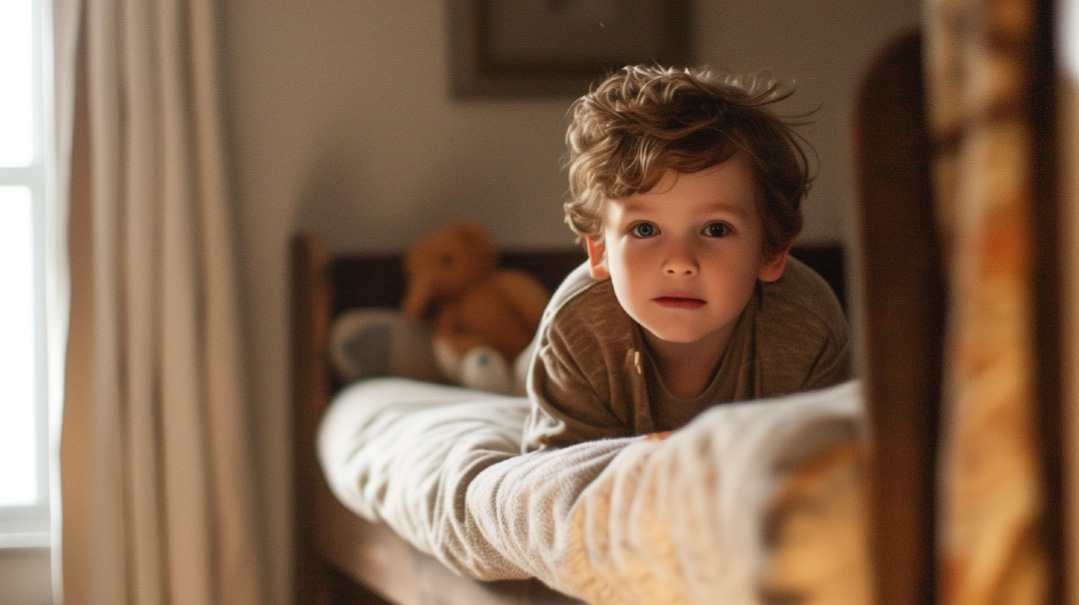The Blessing in the Bread
| November 25, 2015He skipped out of the bakery, but I was still stewing. How could she forget my challos?
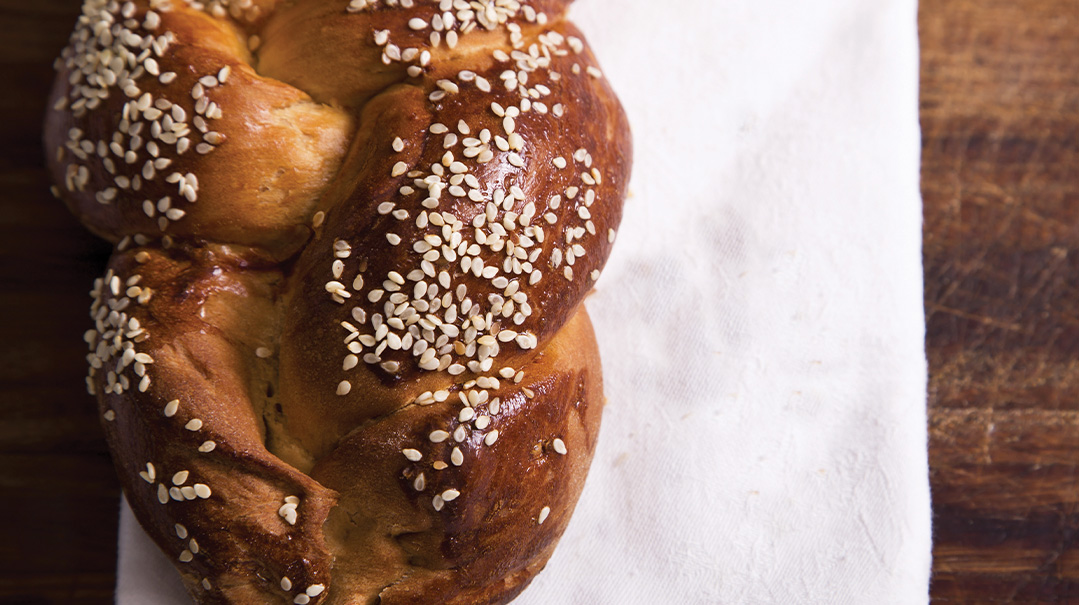
I smiled as I slid six perfectly braided loaves of challah into the oven. “Make sure to turn off the oven when the timer beeps,” I said to my teenaged daughter as I walked out the door on a long Friday afternoon.
“Sure, Ma,” she called from the corner of the couch, where she was curled up with a novel.
I jumped into the car to take one of my kids to his orthodontist appointment, followed by a stop at a local store. On the way back, I called home. Something told me to mention the oven. “Moshe, did Chana turn off the oven?”
“Ah, I guess so…” I heard the phone clatter, perhaps to the floor or onto the counter. Then a small voice came on.
“Mommy, Mommy, can I have a treat? I did one of my Shabbos jobs!”
“Okay. Listen, honey, is Chana there?”
“Thanks, Mommy!” Another clatter, followed by silence.
“Hello? Hello?”
Oh, well, I’d be home shortly. I was sure she’d done it. It wasn’t just our family that Friday night — we were hosting a family from out of town, plus my mother-in-law, and a chassan and kallah. We needed a lot of good, homemade challah. And over the past couple of years, I’d pretty much perfected my recipe.
When I walked in 15 minutes later, I headed straight to the kitchen. The house still smelled strongly of baking challah. I opened the oven door and the heat hit me in the face. Inside were six, perfectly braided, dark-brown loaves. Not black, but nowhere near the golden hue I like to see.
“Chana,” I called, “when did you turn off the oven?”
“Don’t know,” she answered from the living room, stifling a yawn. “Guess whenever the beeper went off.”
“You’re sure?”
No answer from the couch. I peered in but she didn’t seem to see me, as her eyes were riveted to the page. Back in the kitchen, I pushed the “on” button. The bright red light registered 270. If the oven still read 270, it must have been on 350 almost the entire time I was gone.
Gingerly, I took the warm challos out of the oven. I placed them on top of the stove and surveyed how very dark they were. Two or three looked edible, but they wouldn’t be just crunchy. They’d be rock-hard.
“Chana,” a distinct whine rose in my voice, “the challos are ruined.” Still, she was quiet. I marched into the living room and stood in front of the couch. “Chana, did you hear me? They’re ruined. We have no challah for Shabbos.”
She looked up at me, eyes slightly glazed. “I turned off the oven, Mommy.”
I sighed heavily. “When, five minutes ago? They’re way too dark. You mustn’t have heard it go off. What are we going to do now?” My voice rose to a crescendo, and then the room fell silent. I tapped my foot on the floor, tried to slow down my breathing.
“Well, I thought I did it on time. I’m sorry, Mommy.”
“Sorry doesn’t help us much now, does it?” I turned on my heels and trudged back to the car with my son, to go buy bakery challah. It wouldn’t be the same. I had so look forward to seeing my family and Friday night guests bite into warm, homemade challah.
At the bakery, I could barely look at the challos. I let my son pick. “That’s the best, Mommy. Pretzel challah!” He skipped out of the bakery, but I was still stewing. How could she forget my challos? I’d woken up early to knead the dough that was to bring blessing into our house this Shabbos, and all week long.
When I got home, I put the salvageable challos on the table, along with the pretzel challah and a few rolls. My husband looked at me quizzically as I stomped around the kitchen, tidying up.
“My challos got ruined. I had to buy. And there’s no way I’m taking challos to Mr. Deutsch.”
He laughed, shook his head. “What do you mean? Mr. Deutsch loves them like this! He always tells me how they’re good, but he puts them back in the oven for a while…”
He opened the front door to get the mail, and I followed him. “Look. Really, really overdone. You wouldn’t even eat this.” My husband and I have an ongoing, friendly disagreement about challah. He likes them well-baked, while I — and Chana — prefer doughy.
He looked down at the challah I presented to him. The loaf had about as much give as my dining room table. “It’s good, it’s good,” he said. “Take. Take two.”
“I cannot give these to him!”
“Go, really.”
I rolled my eyes, then went back inside and got another one to give to our elderly neighbors. At least they would no longer be staring at me in my kitchen.
On my way out the door, my husband said, “I’m so sorry. I remember now you’d told me awhile back the oven was acting up. Could be the thermostat. I totally forgot to check it out.”
“I said that?” A vague memory surfaced and my stomach clenched into a tight ball of shame. I wished I could rewind this whole afternoon and start again, fresh.
Before I lost the courage, I hurried next door to do the chesed that is usually reserved for my daughter. But I wanted to go this time, to explain.
I knocked on the door. A moment later Mr. Deutsch’s warm, rheumy eyes peered down at me. “Ahhh, delicious challos…” he said in his thick, Romanian accent.
“Mr. Deutsch, I have to tell you. There was a problem, the oven…”
Mr. Deutsch’s smile widened, and he let out a deep chuckle. He held out his hands; I placed the challos into his thick, open palms. “Yes, well done. Good, good.”
“Really, they might not be good, this time. You don’t have to eat them…” I shook my head, but he just kept smiling. Then he stepped down the few steps to be level with me. His sprightly movement belied his almost 90 years.
Mr. Deutsch looked me in the eyes. “Do you know,” he lowered his voice, and, combined with the accent, I had to concentrate on each word. But he spoke slowly. “The dirt we ate off the ground in the camps…” The last word was hissed, rather that spoken, and his eyes rested on the challos in his hands. He brought them close to his nose and inhaled. “Delicious. And thank you, Mrs. Gordon. A gut Shabbos.”
I bit my lip, and watched Mr. Deutsch’s thin frame head back into his house. I walked slowly back to my own, tears threatening to fall from my eyes.
“Mommy, Mommy, come see,” my youngest called as I walked in, but I walked straight to Chana’s room. I knocked on her door, hard, and the blow-dryer shut off.
“Come in.”
Standing in front of her mirror, she turned to stare at me, shoulders squared. I could tell she was geared up for more guilt.
“I’m so sorry I got upset before, about the challos. It could be the oven’s just acting up. And if you did forget, so what? I shouldn’t have gotten angry. It’s just challah.”
She smiled, and I saw her shoulders relax, felt my own breath return to normal.
“I mean, we’re zocheh to have Shabbos with friends, with your grandmother, and a chassan and kallah! And we have, baruch Hashem, so much food! And we have each other, our own family!”
She stood there, eyebrows raised. Then she indulged me with a small smile. “Right, Mommy.”
“Okay, go ahead.” I gave her a quick hug, then gently closed the door.
The whir of the dryer resumed as I made my way to the dining room to make sure the table was set. On my way I heard the quiet but insistent voice I had been trying to quell all afternoon. You wanted everyone to taste your delicious challah. Your delicious challah. Now they won’t see how well you bake.
My seven-year old daughter, blond curls slicked back in a tight pony, was placing each napkin upright in the glasses, fanlike. And there, at the end of the table, was another surprise for me.
“Look, Mommy, what the Engels brought us! A yummy challah!”
“Oh, wow!” I laughed out loud as I picked up the challah. I knew this bakery — they make the soft challah I like. I gave a wink and nod to the Merciful One Above, Who not only wants me to improve my middos, but simultaneously enjoy delicious challah.
That night, we had the super-crunchy, homemade challah (which the chassan preferred), the doughy challah (for me and Chana), and the pretzel challah (that Yaakov couldn’t stop eating). Hidden in each loaf was its own blessing, bestowed when the baker was mafrish challah. We were the recipients of a triple blessing.
While we enjoyed our warm slices, I couldn’t help but picture the quiet, neat dining room where Mr. Deutsch and his wife savored their challah. It wasn’t a perfect challah, but it contained the blessing of someone who is, slowly and steadily, trying to knead herself into a person who chooses connection over pride, shalom over arrogance. And who is working on seeing the good in everything, just like Mr. Deutsch.
(Originally featured in Family First, Issue 468)
Oops! We could not locate your form.

